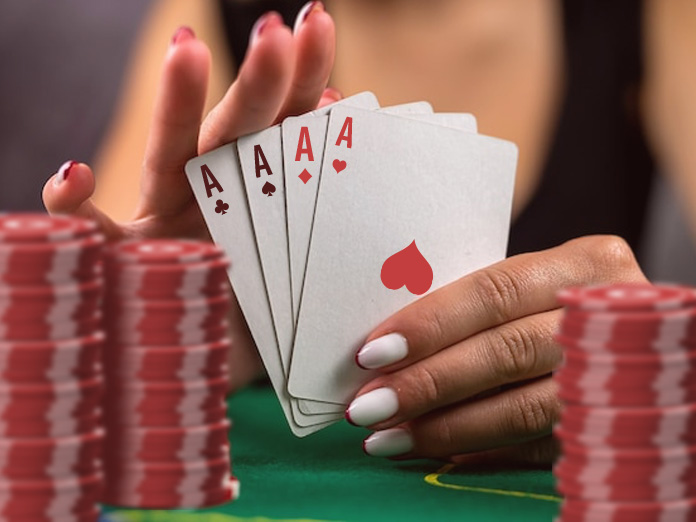You can’t simply spend hours at the poker table and expect to become better every time; you need to practice with purpose. Going over your prior sessions is an important part of this process since it helps you figure out what you’re good at and what you need to work on. You may go from just reacting to events to actively working on your game by looking at how you performed. The most important thing is to turn what you learned from the reviews into clear, doable learning objectives that will help you grow as a player.
The Honest Session Review
You need data to work with before you can make good objectives. That information comes from a full and honest look at how you played recently. Take some time after a session when you play online to think over the most important parts. Noting challenging or good hands as you play might help you analyze them later.
When you evaluate, pay attention to:- Pots with Big Results: Look at hands where a lot of chips got into the pot. When you win, think about whether you got the most value out of your hand. If not, think about whether there was a time when you could have folded to prevent it.
- Look for Patterns: Are you often facing setbacks when you defend your large blind or go to the river with weak hands? The first step to fixing your game is to find these patterns.
- Moments of Uncertainty: Pay particular attention to online poker hands where you weren’t sure what to do. These times show you where your strategic understanding is lacking and where you may work to improve it.
From Review to Resolution
After you choose things you want to become better at, the next step is to set specific learning objectives. An aim like “I want to get better” that isn’t clear won’t work. Your objectives should be clear and easy to measure instead.
-
Find a Specific Gap
Your session evaluation will probably show you a lot of things that need to be fixed. One typical error that slows down development is trying to address everything at once. Instead, choose one topic to work on for a certain amount of time.
-
Make Goals that can be acted on
Make your area of emphasis a real aim. You may work on and keep track of a solid objective. This method gives your study sessions a defined direction and a way to measure how far you’ve come.
Conclusion
To become a good poker player, you have to keep learning and changing. By making session reviews a regular habit, you can gain a clear understanding of your own game. Using those insights to set specific, focused, and actionable goals allows you to stop guessing and start building your skills with purpose. Playing with this structured approach on PokerCircle is the most effective way to turn your weaknesses into strengths and consistently elevate your performance at the tables

